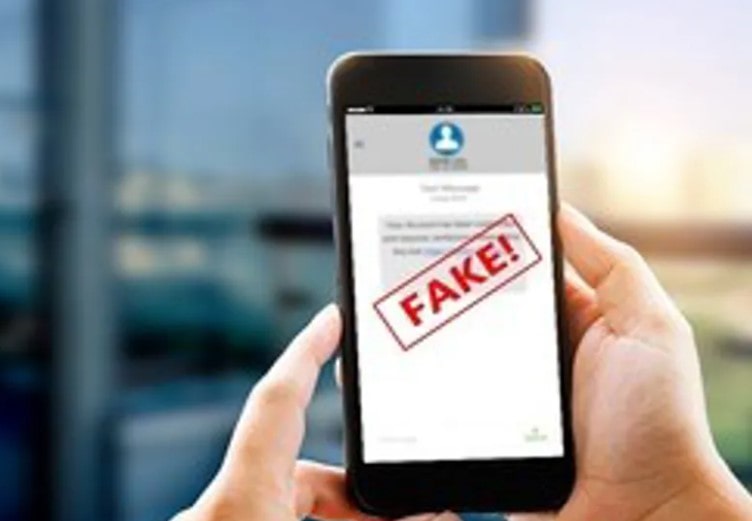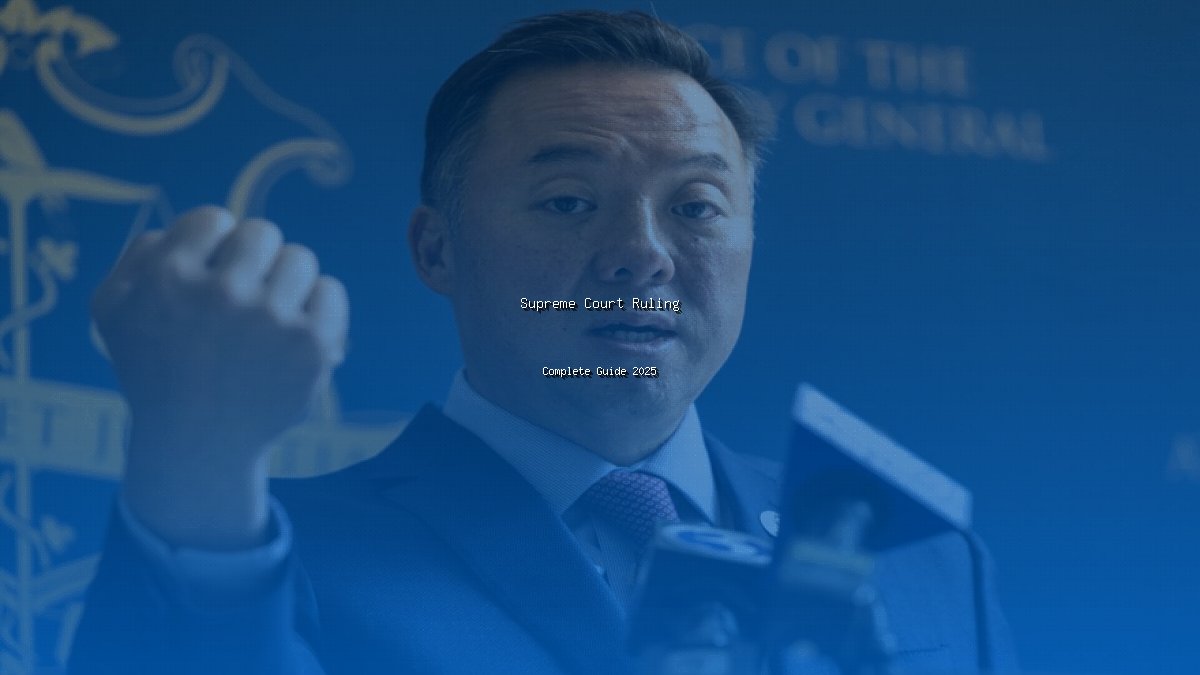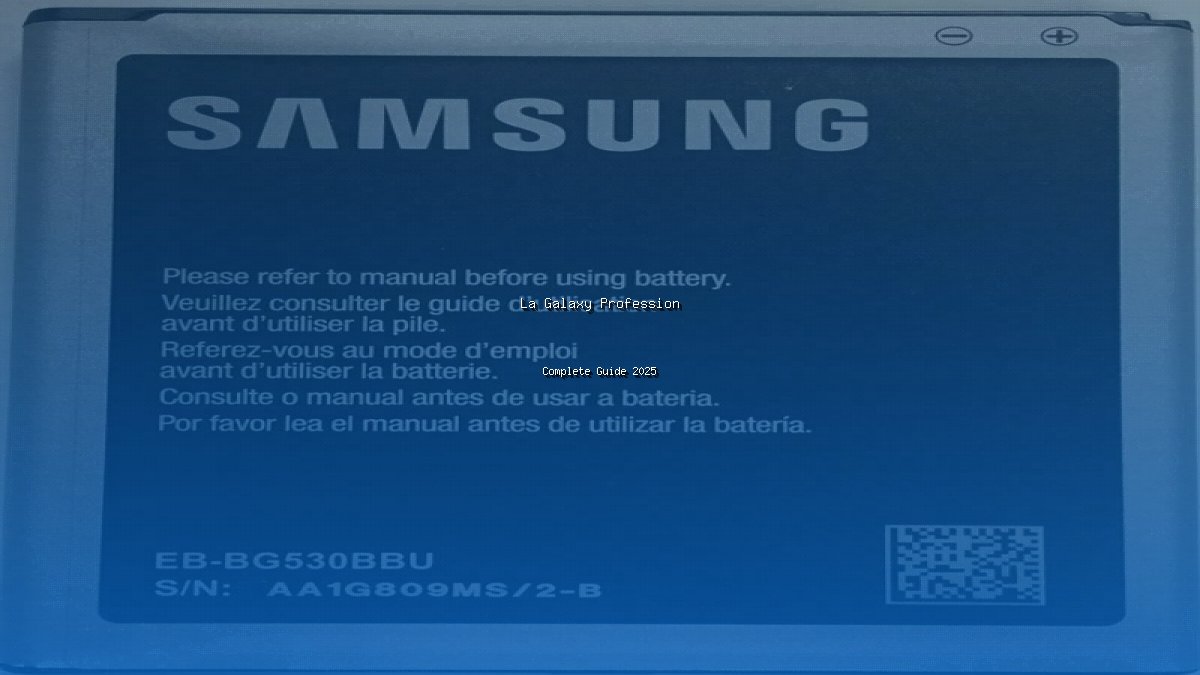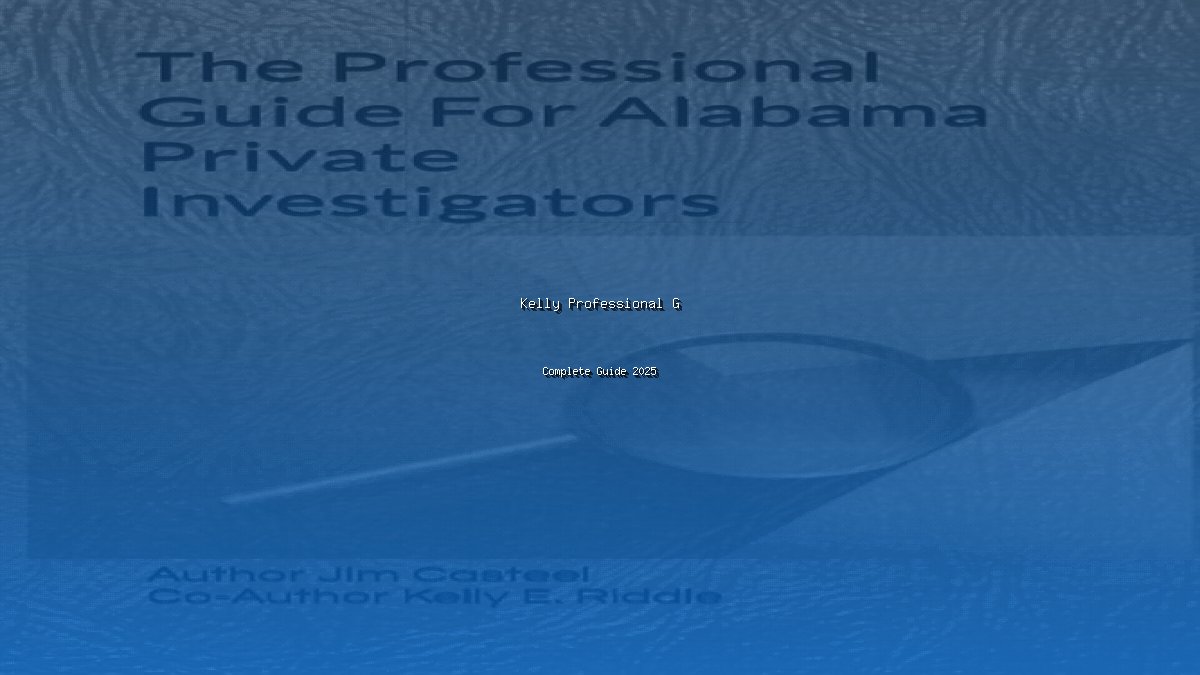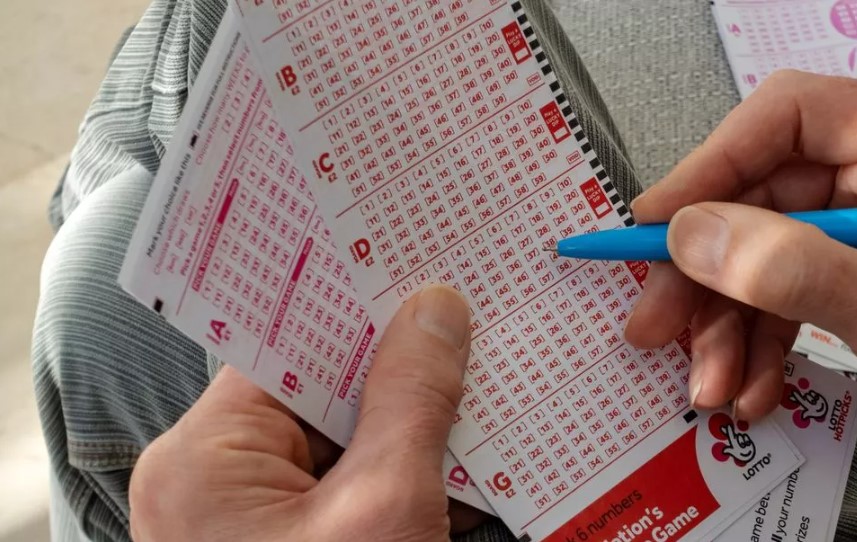Don’t Get Tricked! How to Spot Parking Fine Scams DVSA
- Update Time : 04:33:57 pm, Monday, 23 September 2024
- / 259
In recent times, many people have been receiving scam text messages about fake parking fines. These messages claim to be from the Driver and Vehicle Standards Agency (DVSA) and try to scare you into paying money for a parking penalty charge. It’s important to know that these texts are scams, and you should not respond to them.
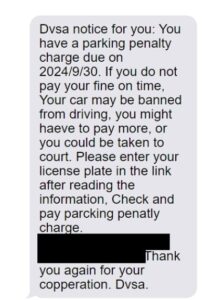
What Are These Scam Texts About?
The scammers send messages that look real, saying you have a parking penalty charge. The message usually warns you that if you do not pay right away, you might:
- Be banned from driving
- Have to pay a larger fine
- Face court action
For example, a scam text might say something like: “DVSA notice for you: You have a parking penalty charge due on 2024/9/30. If you do not pay your fine on time, your car may be banned from driving, you might have to pay more, or you could be taken to court. Please enter your license plate in the link after reading the information.”
This sounds scary, but remember, the DVSA does not send out parking fines. If you get a message like this, it’s a scam.
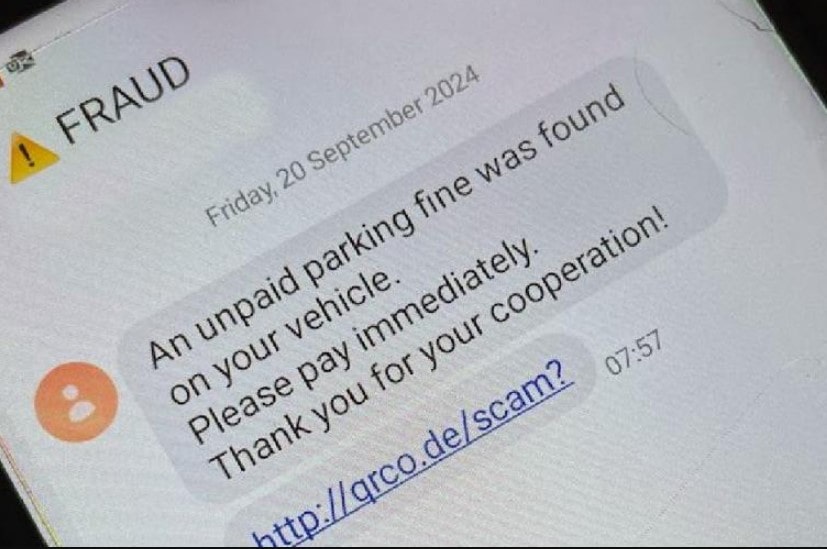
What to Do If You Get a Scam Message
If you receive one of these scam texts, here are the steps you should take:
- Do Not Respond: Don’t reply to the message or click any links in it. Scammers often use links to steal your personal information.
- Report the Message: You can report the scam text to the National Cyber Security Centre. They need to know about these scams to help protect everyone.
- No Need to Contact DVSA: If you get this text, there’s no need to contact the DVSA. They do not issue parking fines, so you can ignore the message.
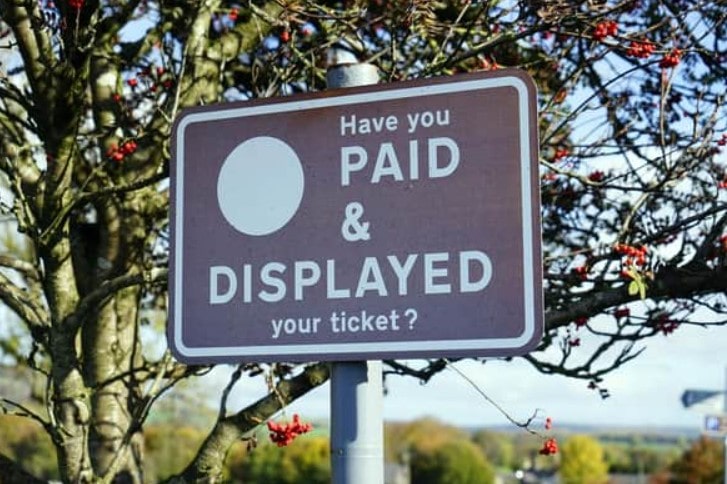
What If You Responded to the Scam?
If you accidentally replied to the scam message or shared your personal information, don’t panic. Here’s what you can do to protect yourself:
- Act Quickly: Change your passwords for any accounts you think might be at risk. This includes banking, social media, and email accounts.
- Monitor Your Accounts: Keep an eye on your bank statements and accounts for any unusual activity. If you see something suspicious, report it to your bank right away.
- Report to Action Fraud: If you lost money or think you’ve been hacked because of the scam, report it. In England, Wales, and Northern Ireland, you can report to Action Fraud online or by calling 0300 123 2040. In Scotland, call Police Scotland at 101.
Why Are These Scams Dangerous?
Scammers use these messages to trick people into paying money they do not owe or sharing personal information. Many people may feel worried when they receive a message like this, which is what the scammers want. They create a sense of urgency to make you act quickly without thinking.
How to Spot a Scam Text
There are some common signs that can help you identify a scam text. Here’s what to look for:
- Generic Greetings: Scam messages often start with “Dear customer” or a similar vague greeting instead of using your name.
- Poor Language: Many scam texts have spelling or grammar mistakes. For example, they might say “cooperation” instead of “cooperation.”
- Suspicious Links: If the link in the text doesn’t look like a legitimate government link, do not click it. Real government sites will have a clear URL that ends in .gov.uk.
- Urgent Requests: Scammers often try to create panic. If the message makes you feel rushed to respond, it’s likely a scam.
Stay Informed and Protect Yourself
It’s essential to talk to your family and friends about these scams. The more people know about them, the less likely someone will fall victim. Share this information so everyone can stay safe.
Final Thoughts
Scam text messages can be scary, but by knowing what to look for and how to respond, you can protect yourself and others. Always take a moment to think before clicking links or responding to unknown messages. Remember, it’s better to be safe than sorry.


